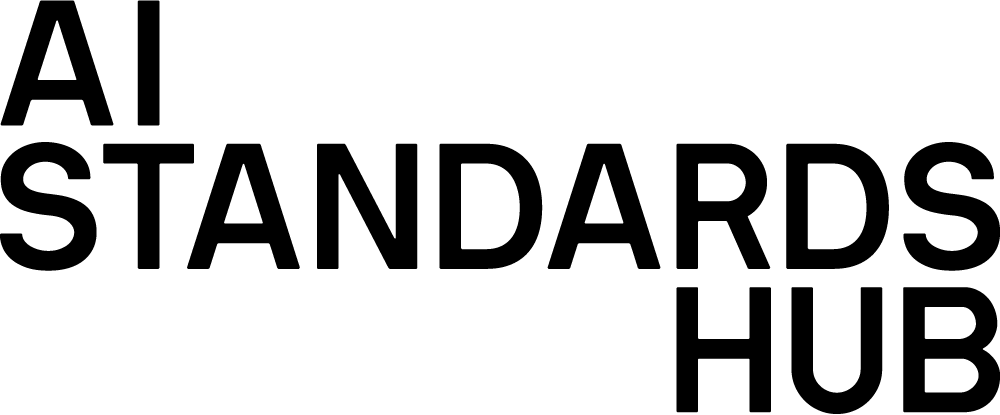Systems and software engineering. Life cycle management. Guidelines for the application of ISO/IEC/IEEE 12207 (software life cycle processes)
Last updated: 18 Jul 2024
Development Stage
Pre-draft
Draft
Published
Scope
What is ISO/IEC/IEEE 24748-3 about?
ISO/IEC/IEEE 24748-3 is an international standard on life cycle management that improves products and services while enhancing the overall sustainability performance of the business and its value chains.
ISO/IEC/IEEE 24748-3 is part three of multi-series establishes guidance to implement a common framework for software life cycle processes, with well-defined terminology, that can be referenced by the software industry.
ISO/IEC/IEEE 24748-3 applies to the acquisition, supply, design and development, transition, operation, maintenance, and disposal (whether performed internally or externally to an organization) of software systems, products, and services (including software as a service (SaaS)), and the software portion of any system.
Who is ISO/IEC/IEEE 24748-3?
ISO/IEC/IEEE 24748-3 on systems and software engineering is relevant to:
- Software developers
- IT industry
- System engineers
- Process assessors
Why should you use ISO/IEC/IEEE 24748-3?
Software life cycles are the application of standard business practices to building software applications.
ISO/IEC/IEEE 24748-3 provides guidance for the concepts of life cycle management applicable to both systems and software engineering. It covers fundamental concepts such as system-of-interest, stages, processes, projects, and organizations.
ISO/IEC/IEEE 24748-3 is beneficial as enhances employee support and consumer satisfaction and provides extensive visibility across the project lifecycle that achieves this by integrating, adapting, and supporting the appropriate applications.
© BSI 2022 All rights reserved
External Links
Let the community know
Categorisation
Key Information
Referenced standards: ISO/IEC/IEEE 26511:2018, ISO/IEC 33020:2019, ISO 9001:2015 (Spanish), ISO/IEC 33004:2015, ISO/IEC/IEEE 29148:2018, ISO/IEC/IEEE 12207-2:2020, ISO 9001:2015 ADVANCED ACCESS, ISO/IEC/IEEE 26512:2018, ISO 10004, ISO/IEC 27036 (all parts), ISO/IEC/IEEE 24748-1, ISO/IEC/IEEE 24748-7, IEEE Std 730-2014, ISO/IEC 19770 (all parts), IEEE Std 828-2012, ISO/IEC/IEEE 29119, ISO/IEC/IEEE 41062, ISO/IEC/IEEE 24748-2, IEEE 7000, ISO/IEC 25030, ISO/IEC 14143 (all parts), ISO/IEC/IEEE 24765, ISO/IEC/IEEE 16085, ISO/IEC 25012, IEEE Std 1320.1, ISO/IEC 26514, ISO/IEC/IEEE 24748-8, ISO/IEC/IEEE 42010:2011, ISO 9000:2015 Advanced Access, ISO/IEC 16350:2015, ISO/IEC/IEEE 16326:2019, ISO/IEC 27000:2018, ISO/IEC 25062:2006, ISO 9001:2015, ISO/IEC/IEEE 26531:2015, ISO/IEC/IEEE 23026:2015, ISO/IEC/IEEE 15288:2015, ISO/IEC 25063:2014, ISO/IEC/IEEE 26513:2017, ISO 9000:2015, ISO/IEC 25010:2011, ISO 10007:2017, ISO/IEC/IEEE 24748-5:2017, ISO/IEC/IEEE 15289:2019, ISO/IEC 20000-1:2018, IEC/IEEE 82079-1:2019, ISO/IEC 33001:2015, ISO/IEC 25030:2007, ISO 9241-11:2018, ISO/IEC 14764:2006


